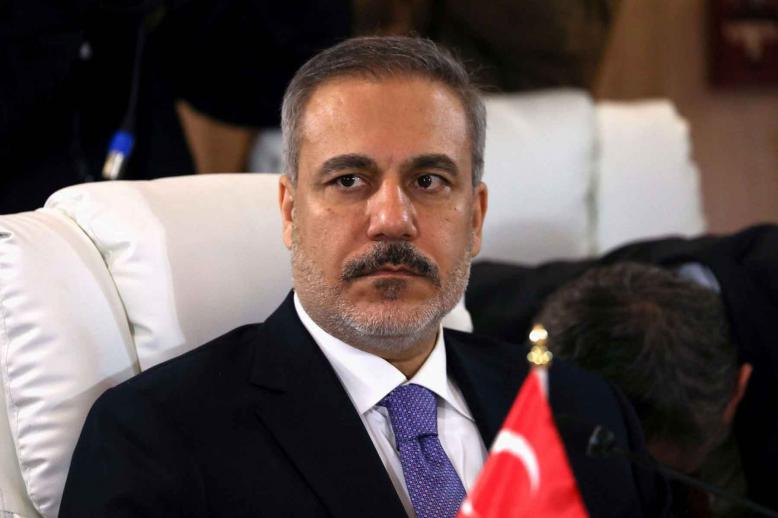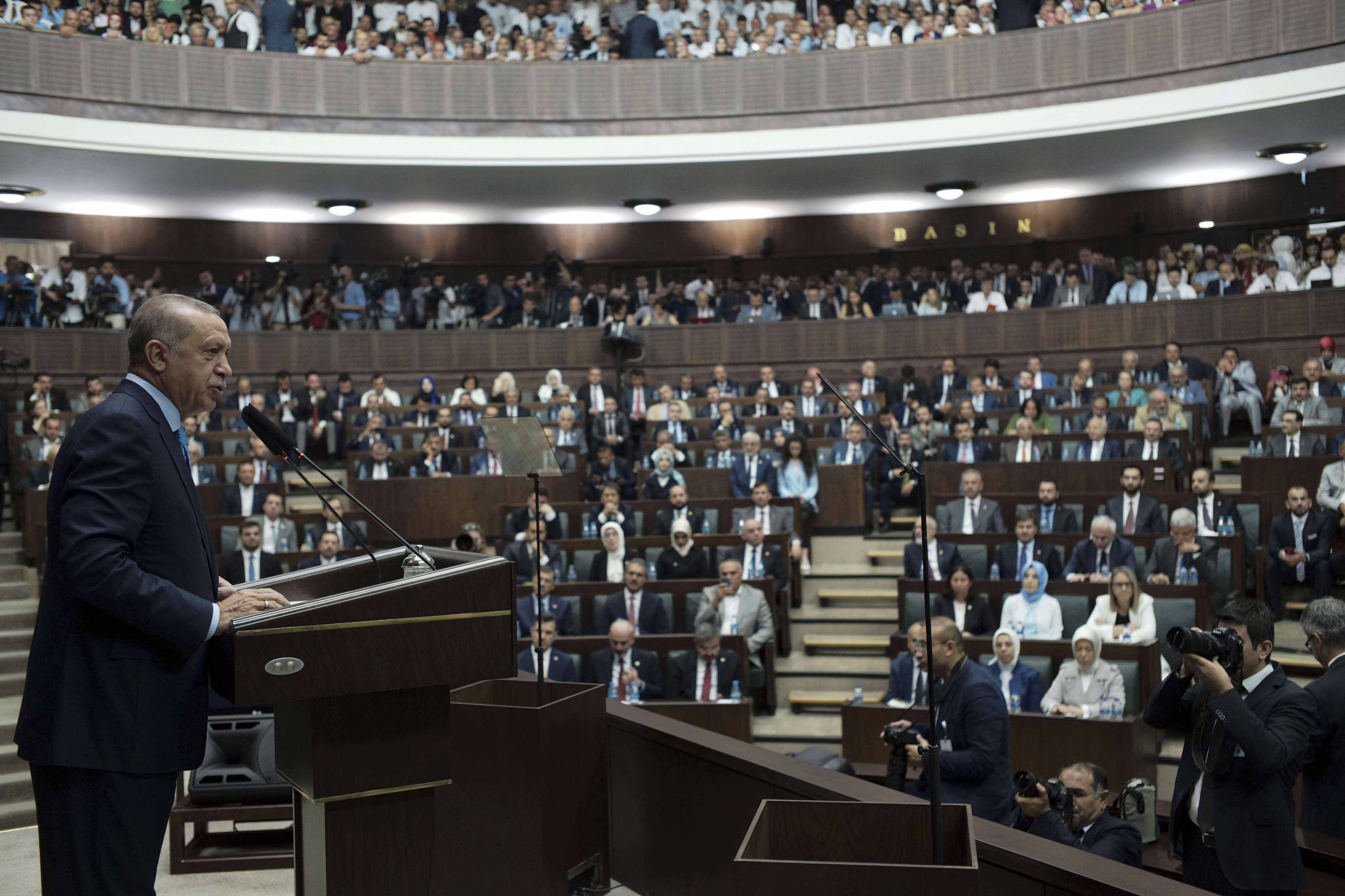Turkey passes anti-terror law to replace state of emergency
ANKARA - The Turkish parliament on Wednesday approved a new "anti-terror" law that strengthens the authorities' powers in detaining suspects and imposing public order after a two-year state of emergency ended last week, state news agency Anadolu reported.
The new legislation allows authorities to control who can enter and exit an area for 15 days for reasons of security, while suspects can be held without charge for 48 hours or up to four days if there are multiple offences.
This period can be extended on two occasions under special circumstances.
The law, which still needs to be signed by President Recep Tayyip Erdogan, also says protests and marches in the open air must end before sunset while indoor gatherings can continue until midnight.
Rights activists have expressed alarm over the law, accusing the government of essentially formalising the state of emergency under another name.
Human Rights Watch said it would "preserve many of the abusive powers granted to the president and executive" under the state of emergency.
Officials repeatedly stress that Turkey is facing multiple terror threats from the Islamic State extremist group, outlawed Kurdish insurgents and the movement run by US-based Muslim preacher Fethullah Gulen which Ankara blames for the July 2016 failed coup.
Turkey introduced the state of emergency five days after the attempted putsch, and renewed it seven times despite calls from Western allies to end the measure.
Over 77,000 people were arrested under the emergency over alleged links to the Gulen movement, which Turkey officially calls the "Fethullah Terrorist Organisation".
Gulen denies any links to the coup bid and insists he leads a moderate Islamic group.
Critics including human rights activists accused Ankara of using the emergency to crack down on Erdogan's opponents.
But the government said that the emergency was needed to handle the multiple threats while officials said over 150,000 suspensions and sackings from the public sector were necessary to handle the "virus" of Gulen inside the state.
Erdogan promised to end the emergency in the campaign ahead of his victory in the June 24 presidential and parliamentary elections.
Earlier, the interior ministry said it had reinstated the passports of 155,350 people whose travel document had been cancelled because their partner was being investigated under the emergency.






